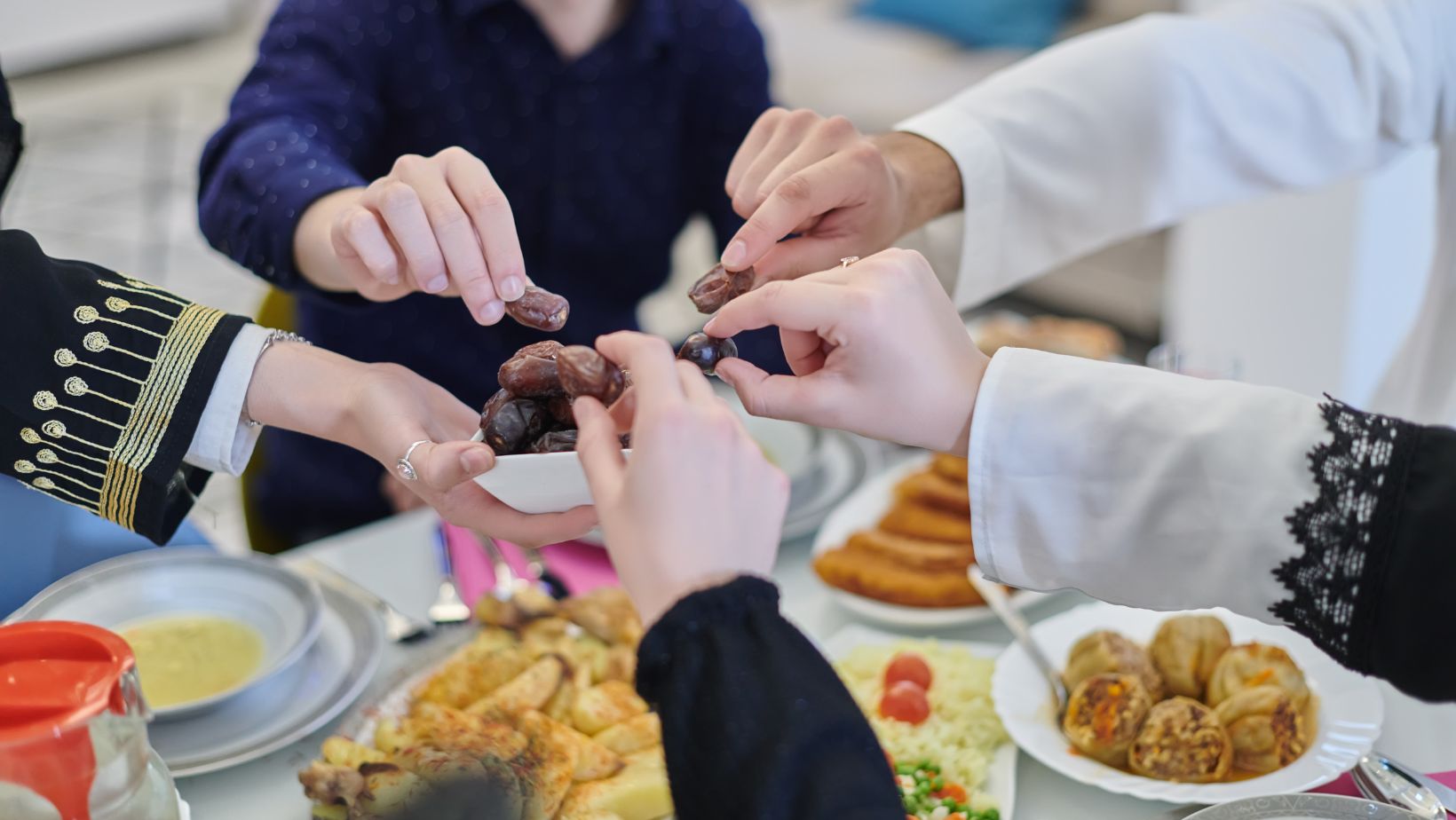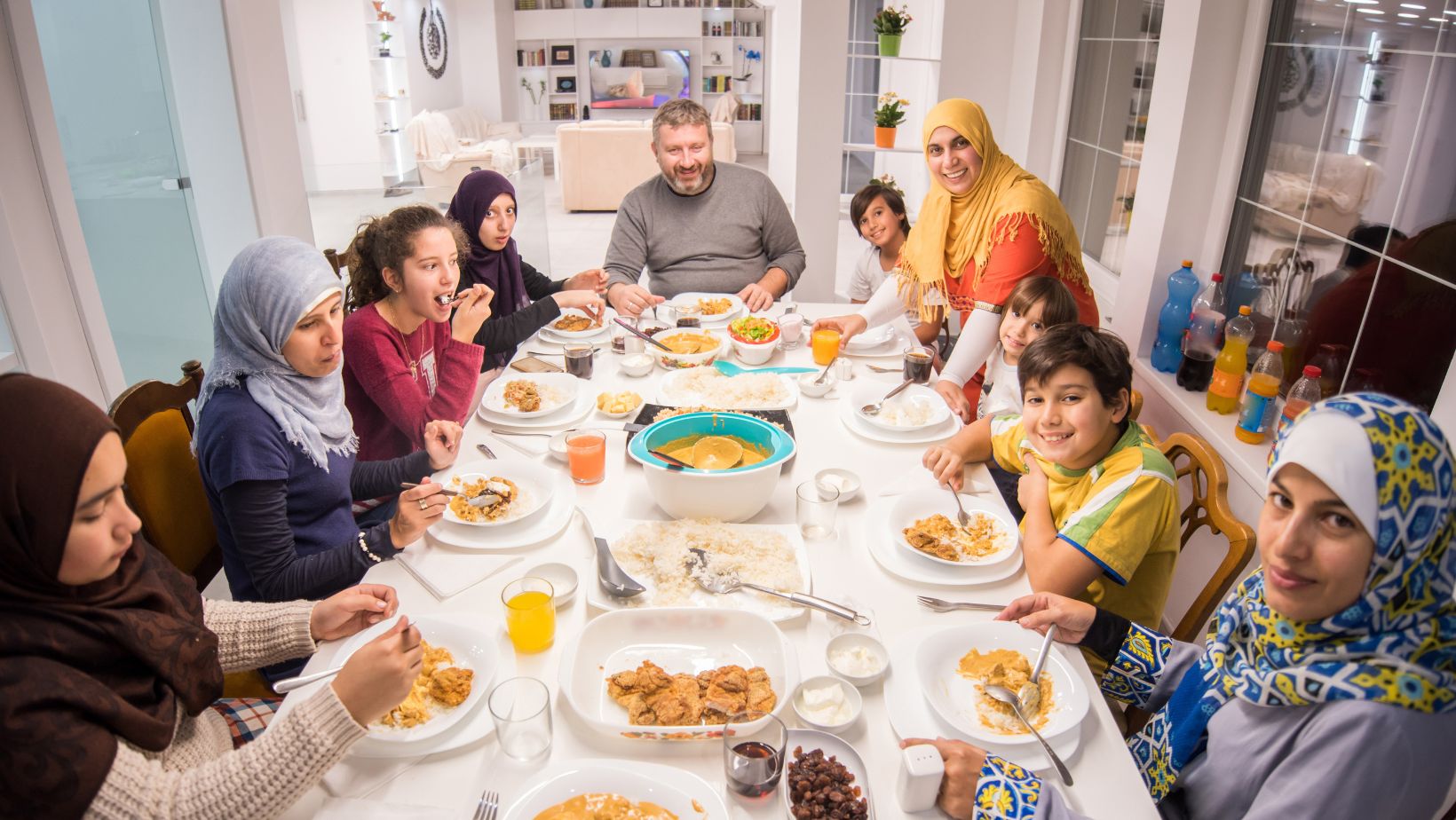
Wishing someone a Happy Ramadan as a non-Muslim can be a thoughtful gesture that shows respect and inclusivity. While it may seem unfamiliar or confusing at first, there are meaningful ways to convey your wishes during this holy month. In this article, I’ll share some considerations and suggestions on how to respectfully wish someone a Happy Ramadan as a non-Muslim.
Firstly, it’s important to understand the significance of Ramadan for Muslims. It is a time of fasting, prayer, reflection, and self-discipline. Muslims abstain from food and drink from sunrise to sunset during this month-long observance. Keeping this in mind will help you approach your greetings with sincerity and empathy.
When wishing someone a Happy Ramadan, consider using phrases such as “Ramadan Mubarak” or “Happy Ramadan.” These greetings express goodwill and are widely recognized within the Muslim community. Additionally, you can show support by acknowledging the importance of their spiritual journey during this time.
How to Wish Someone a Happy Ramadan as a Non Muslim
The Meaning of Ramadan
Ramadan is a holy month observed by Muslims worldwide. It holds great significance in the Islamic faith as it commemorates the revelation of the Quran to Prophet Muhammad. During this month, Muslims fast from dawn until sunset, abstaining from food and drink while also focusing on prayer, reflection, and acts of charity.
Fasting during Ramadan serves multiple purposes. It is not only a way for individuals to exercise self-discipline but also an opportunity to empathize with those less fortunate who experience hunger on a daily basis. By voluntarily refraining from basic needs, Muslims strengthen their spiritual connection and cultivate gratitude for blessings in their lives.
Cultural Understanding and Respect
As non-Muslims seeking to wish someone a happy Ramadan, it’s essential to understand and respect the cultural nuances surrounding this sacred time. Recognizing and acknowledging religious diversity fosters inclusivity and promotes harmonious relationships within our communities.
By taking the time to learn about Ramadan customs and traditions, we can better appreciate its significance in the lives of our Muslim friends or colleagues. For instance, understanding that fasting extends beyond abstaining from food and drink helps us avoid unintentionally offering meals during fasting hours.
Being aware that fasting may affect energy levels or concentration underscores our sensitivity toward their experiences during this significant period. Demonstrating empathy by adjusting expectations or providing support when needed can deepen connections between individuals of different backgrounds.

Respecting Cultural Differences
Why It’s Important to Acknowledge Ramadan
Understanding and respecting cultural differences is crucial in fostering a more inclusive and harmonious society. When it comes to religious observances like Ramadan, it becomes even more important to show respect and understanding. By acknowledging Ramadan as a non-Muslim, you are demonstrating empathy and inclusivity towards your Muslim friends, colleagues, or neighbors.
During this holy month, Muslims observe fasting from dawn until sunset as an act of worship and self-discipline. Recognizing their commitment to faith can help create a sense of solidarity and promote interfaith dialogue. It also shows that you value diversity and are willing to learn about different cultures.
Recognizing the Significance of Ramadan
Ramadan holds deep spiritual significance for Muslims around the world. It commemorates the revelation of the Quran to Prophet Muhammad (peace be upon him) and is considered a time of increased devotion, reflection, and acts of charity. Understanding the importance of this month can foster a greater appreciation for the Muslim community’s beliefs and traditions.
By recognizing the significance of Ramadan, you can avoid unintentional misunderstandings or insensitive behavior. For example, refraining from eating or drinking in public during daylight hours out of respect for those who are fasting is a simple gesture that demonstrates your awareness.
In conclusion, offering support shouldn’t stop after Ramadan ends; continue being respectful throughout the year by recognizing other Islamic holidays such as Eid al-Fitr. By demonstrating understanding and empathy, you can strengthen your relationships and foster a sense of unity within your community.



